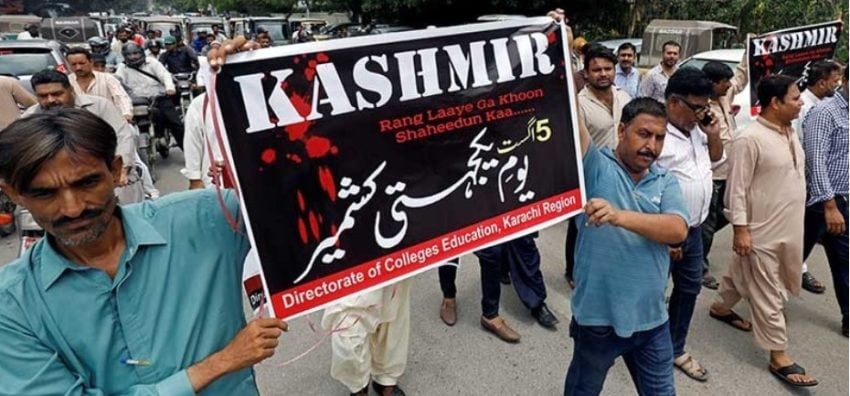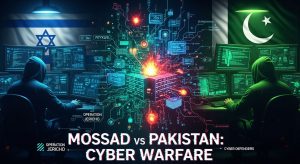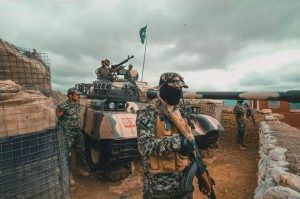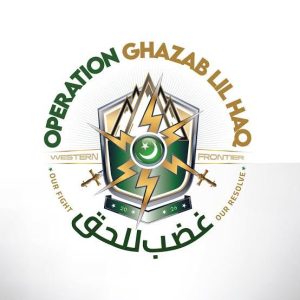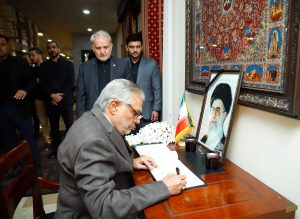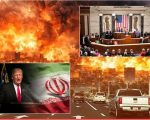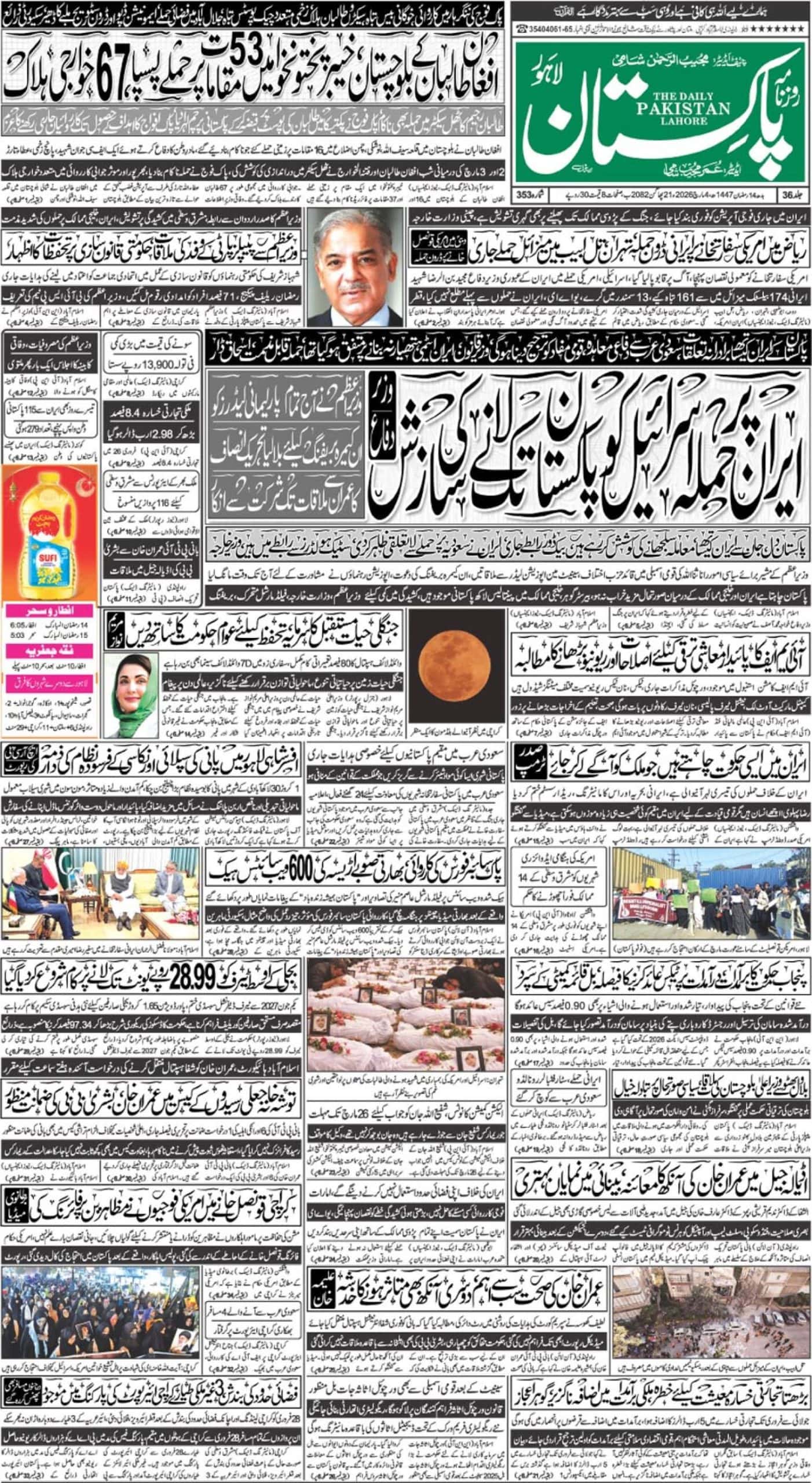It’s hard to describe the fear that grips you when you see nations with nuclear weapons edging towards open war. That’s the reality we’ve been forced to confront again here on our subcontinent after the loss of life in Pahalgam. The subsequent authorization by Indian Prime Minister Narendra Modi, Home Minister Amit Shah, and National Security Advisor Ajit Doval for a military strike across the international border into Pakistani territory has thrown our region into a deeply alarming situation. Real people, with families and futures, lost their lives on Pakistani soil because of this decision, all were civilians. The world watched, hearts in mouths, and for over 1.6 billion of us in South Asia, it’s a brutal reminder that the peace we strive for can be shattered in an instant by the choices of a few. In such fraught times, when the lives of so many hang in the balance, how can we not feel compelled to question the very foundation of such escalatory measures?
It’s not just the strike itself that sits badly with me; it’s the sheer, troubling inconsistency – the almost wilful ambiguity – in their justification for it. Am I the only one who remembers that just three days before this military gamble, India’s own Ministry of External Affairs spokesperson stood up and said the Pahalgam investigation was ongoing, that there was no definitive evidence yet to blame any foreign entity? So what changed overnight, without any new public facts to back it up? This admission, coming so perilously close to the deployment of military force, doesn’t it transform the subsequent cross-border action from a potentially defensible response into something that feels premeditated, an act of aggression? Does this not lay bare a chilling, and frankly terrifying, chasm between what we are told and the grave actions taken on the world stage?
We often speak of international law, the principles enshrined in documents like the Charter of the United Nations, as our best hope for preventing one state from simply using force against another. These aren’t just abstract ideas; they’re rules meant to protect all of us, allowing for self-defense against a clear armed attack or action through the Security Council. Yet, in this instance, it feels as though India’s leadership chose to operate outside these very safeguards – without definitive proof, without truly trying every diplomatic door, and in a way that trampled on Pakistan’s sovereign territory. This isn’t just a political misstep, is it? It feels like a profound tearing of the fabric of international peace and security. How do we reconcile such choices with any genuine commitment to a world governed by shared rules?
Decisions like these don’t just happen. They aren’t faceless bureaucratic mistakes. They come from the very top, from calculated choices made by Prime Minister Modi, Home Minister Shah, and National Security Advisor Ajit Doval. And it’s precisely because they are human decisions with such immense consequences that these individuals must carry the weight of direct, personal accountability. Can you almost feel the ripples spreading out? Beyond the first, sharp pain of lives being senselessly cut short, there’s this toxic instability that now hangs over our region, making everything feel fragile. There’s the terrifying spectre of an all-out, nuclear conflict between countries so close we can feel their tremors. And then, for millions of ordinary people, there’s that quiet, insidious terror that worms its way into daily life, into sleepless nights. When decisions have such monumental, real-world power to affect so many, isn’t it just a basic human expectation that the individuals responsible should have to explain themselves, to truly answer for the burden they’ve placed on us all?
If we let this kind of unchecked aggression slide, what kind of world are we building? It eats away at the very idea that there are rules for everyone, that power doesn’t grant immunity. Our international legal institutions, the ones we built with the hope of preserving peace and ensuring justice, simply cannot look away if they want to retain any real meaning or authority. They have a duty, a profound human responsibility, to confront such acts of state-led aggression with all the seriousness they demand. Even the International Criminal Court, for all its limitations, carries a solemn obligation to investigate potential war crimes and hold those who shatter international humanitarian law to account. Or does being a large, powerful nation somehow place its leaders beyond the reach of the justice we expect for others?
When innocent lives are lost in Pakistan, when an entire region is pushed closer to the abyss, when nuclear sabers are rattled for what looks suspiciously like a gamble for domestic political gain, someone must answer. It’s why I truly believe the leaders responsible for these decisions—Modi, Shah, and Doval—must face intense scrutiny under the unwavering lens of international law. Their actions cry out for a thorough, impartial investigation by an independent international tribunal. And if found culpable, shouldn’t they be prosecuted with the full force of instruments like the Rome Statute? Isn’t it high time we demand what genuine justice looks like when faced with actions this serious, this dangerous?
This isn’t just ‘their’ problem over there; it touches all of us. We, as a global community, simply cannot afford to turn a blind eye while the terrifying game of nuclear brinkmanship is played, perhaps as a tool for political theatre at home. So, where does that leave us? If we want a peace that genuinely means something, a peace that will actually hold, it seems to me the only real avenues are demanding accountability, tirelessly fighting for what’s right, and a wholehearted, collective promise to honor those international rules that should keep all of us safer. The crucial question remains, casting a long shadow over our thoughts: will we, all of us, find the will and the bravery to make these principles real? Or will we resign ourselves to a future where the memory of this aggression dictates, and surely darkens, the path ahead for everyone?

